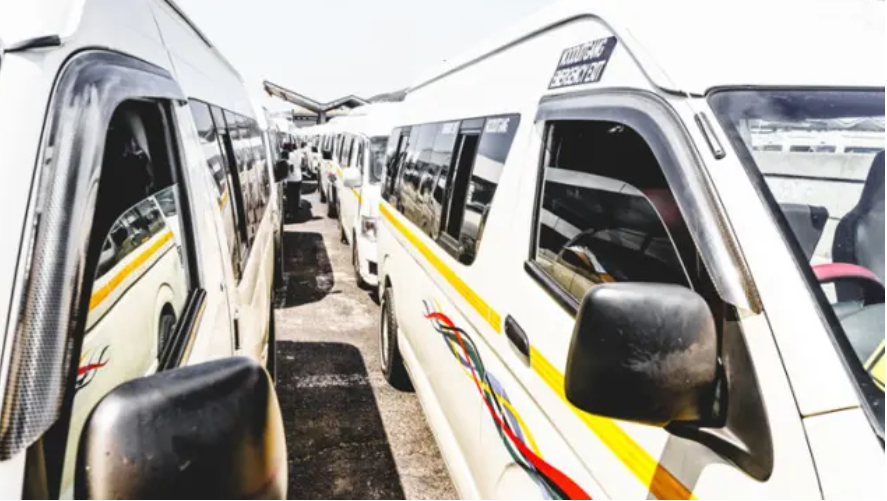 The South African National Taxi Council (SANTACO) in the Western Cape has committed to taking significant steps to address the growing issue of gender-based violence (GBV) within the taxi industry. This pledge comes after mounting pressure from advocacy groups, government officials, and communities who have long raised concerns over the safety of women and children within the sector.
The South African National Taxi Council (SANTACO) in the Western Cape has committed to taking significant steps to address the growing issue of gender-based violence (GBV) within the taxi industry. This pledge comes after mounting pressure from advocacy groups, government officials, and communities who have long raised concerns over the safety of women and children within the sector.
SANTACO representatives recently met with local authorities to discuss the implementation of stronger policies and initiatives aimed at tackling GBV. The organization acknowledged the deep-rooted problems within the industry, including instances of harassment, assault, and exploitation of female passengers and workers.
In a statement, SANTACO emphasized its commitment to developing comprehensive strategies that include training for taxi drivers, improved reporting mechanisms, and partnerships with law enforcement to ensure perpetrators are held accountable. The council also plans to collaborate with women’s rights organizations to raise awareness and provide support to victims.
The taxi industry in South Africa, which plays a crucial role in providing transport to millions of people daily, has faced growing criticism for its handling of GBV cases. Many incidents of violence have gone unreported or unresolved, and there has been little public accountability for the perpetrators.
Advocates have long called for the creation of a safer and more inclusive environment for women in the transport sector. The issue of GBV in the taxi industry is a serious one that needs urgent intervention, said a spokesperson from a local women’s group. We are encouraged by SANTACO’s pledge, but we will be closely monitoring their actions to ensure that real change takes place.
SANTACO’s move is seen as a positive step, but it remains to be seen how effectively the plans will be implemented and whether they will result in tangible changes to the safety and treatment of women in the industry. The Western Cape initiative could serve as a model for other regions to address similar concerns within their own transport sectors.

